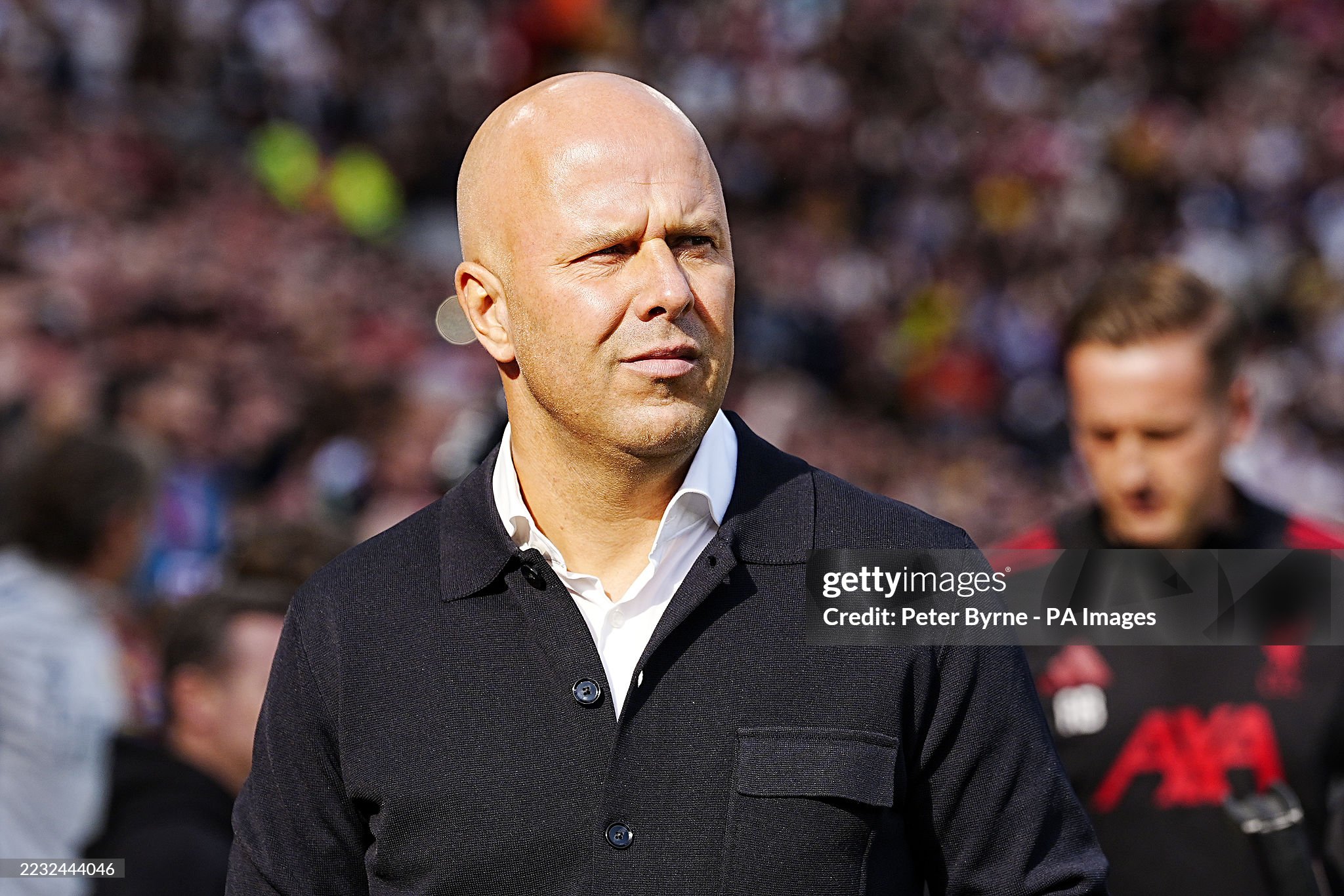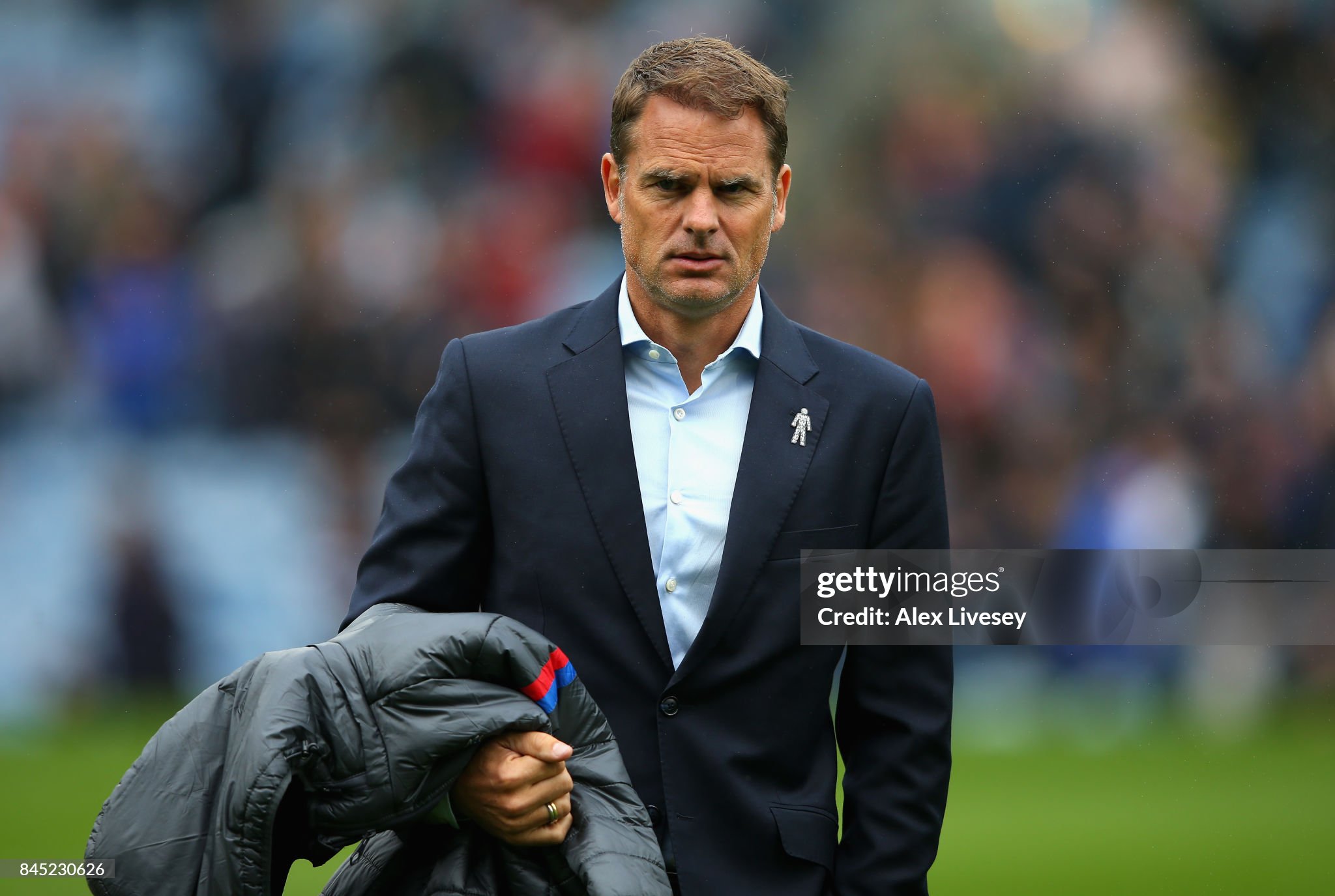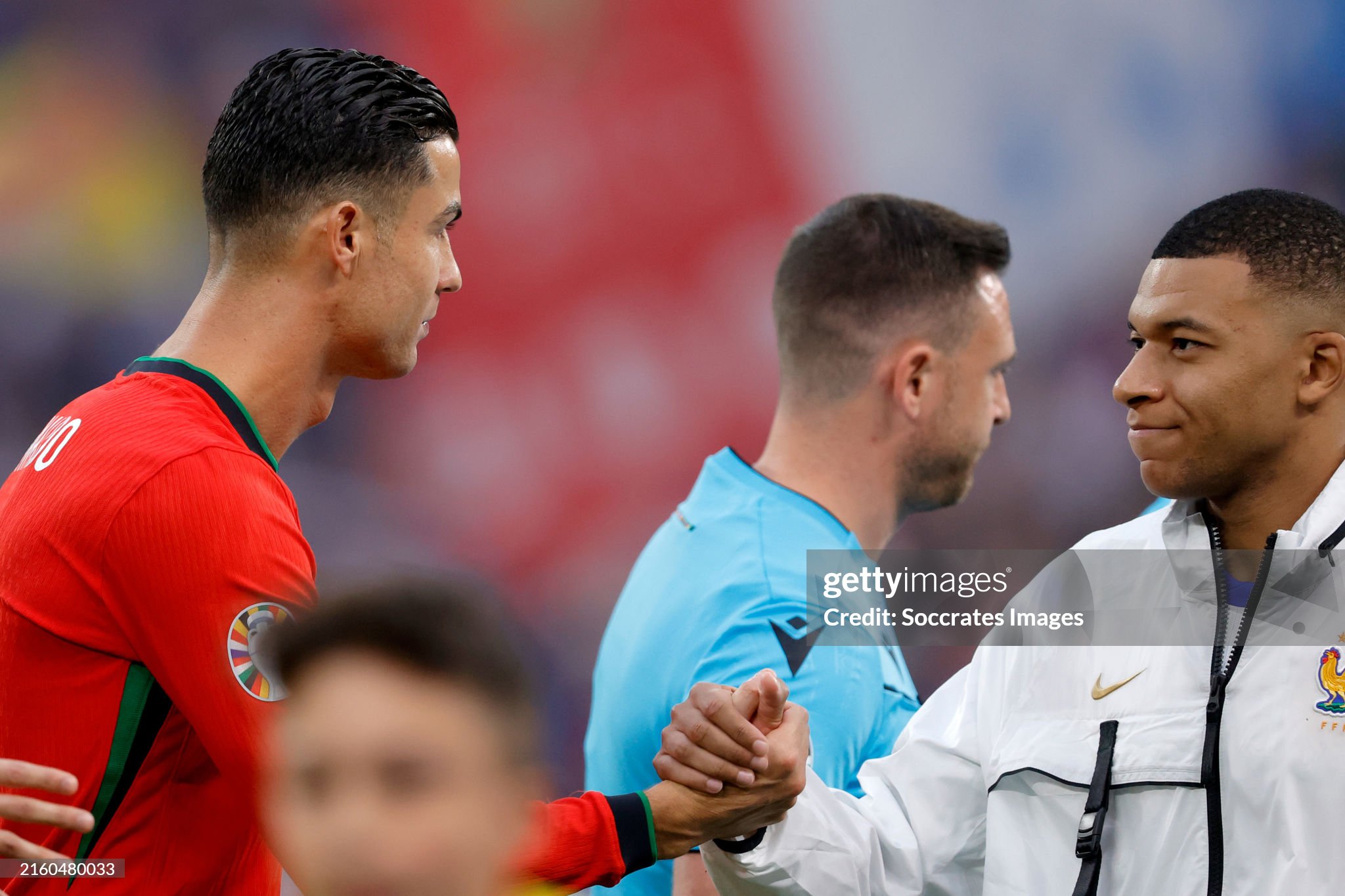Matthias Sammer was once Bayern Munich’s sporting director himself – and says what he would like to see from Max Eberl.
 Embed from Getty Images
Embed from Getty Images
With his TV appearance last Sunday, Uli Hoeneß did not exactly help take Max Eberl out of the public spotlight.
The Bayern Munich honorary president and long-time club figure chose to give the sporting director very direct public advice, once again drawing media attention to internal club affairs. However, Matthias Sammer, himself a former Bayern sporting director, believes that stepping out of the constant glare of public scrutiny would do Eberl a world of good.
“I would like Max to be left a bit more in peace and not have all the media and experts constantly working on this topic,” explained Borussia Dortmund’s advisor, who also serves as a pundit for Prime Video. Sammer spoke during a media roundtable organized by the streaming service on Friday, where he was asked about Bayern’s current situation. His comments highlighted the difficult balancing act for Eberl, who took over at Säbener Straße with high expectations but has already found himself under intense observation.
Hoeneß’s words had once again stirred debate. The supervisory board member and honorary president remains one of the most influential voices at Bayern, even after stepping back from day-to-day responsibilities. By giving Eberl public instructions, Hoeneß reignited discussions about whether the sporting director is being given the freedom and authority to shape the club as he sees fit. In response, Eberl delivered an emotional statement at Bayern’s pre-match press conference on Friday, stressing his commitment to the role and explicitly ruling out any thoughts of resignation.
Sammer, who knows the position inside out from his own tenure at Bayern between 2012 and 2016, was quick to defend Eberl, while also offering him some advice. “Uli will always be an important part of Bayern. He will always say things the way he feels them. He wears his heart on his sleeve and is old enough to know what he’s doing,” Sammer said. But he was also clear about how Eberl could improve his approach: “Max is trying his best, but he often lets things happen to him too much. I’ve sometimes thought, now’s the time when he could growl, scratch, or bite back.”
The message was unmistakable: Eberl, in Sammer’s view, should show more bite and defend himself more robustly in the face of criticism and pressure. That advice carries weight, given that Sammer himself was known for his uncompromising style during his years in Munich, when Bayern enjoyed a period of great domestic and international success.
Despite speculation, there appears to be no indication from Bayern’s supervisory board or from Eberl himself that an early separation is being considered. Still, rumors have already emerged that Eintracht Frankfurt’s sporting director Markus Krösche could be a candidate to move to Säbener Straße should the situation with Eberl deteriorate. Sammer acknowledged Krösche’s impressive work in Frankfurt, stating: “He is doing a very good job. And then there will always be speculation. Speculation is, to some extent, the spice of football. But it is unpleasant for Markus Krösche, for Max Eberl, and for Bayern Munich. It shouldn’t be taken too seriously.”
Hoeneß also addressed the Krösche rumors directly last Sunday, making it clear that there is no opening to be filled: “At the moment, we have no need,” he said, reinforcing the club’s current commitment to Eberl.
Beyond the personalities, the debate takes on added weight in the wider Bundesliga context. Bayern Munich, the record champions, are under more pressure than in previous years after seeing their dominance challenged more seriously by Borussia Dortmund, Bayer Leverkusen, and RB Leipzig. Every decision made by the sporting leadership is scrutinized, not only by the club’s hierarchy but also by rivals eager to seize any opportunity. Eberl’s role, therefore, is not just about transfers or internal communication—it is directly tied to Bayern’s ability to remain the dominant force in the Bundesliga.
The constant speculation around figures like Eberl and Krösche also illustrates how competitive the league has become off the pitch, with clubs battling to secure the best sporting minds as much as the best players. For Bayern, maintaining stability at the top is essential to reclaiming control in the Bundesliga title race, while any hint of internal uncertainty only fuels hopes in Dortmund, Leverkusen, and elsewhere.
Sammer’s words reflect the difficulty of this task but also offer encouragement. His call for Eberl to “growl, scratch, or bite back” is a reminder that strength of character is as important at Bayern as strategic planning and transfer decisions. Whether Eberl can rise to that challenge will play a key role in shaping both his personal future and Bayern’s position in the Bundesliga and Europe in the months ahead.
Updated: 03:26, 13 Sep 2025







